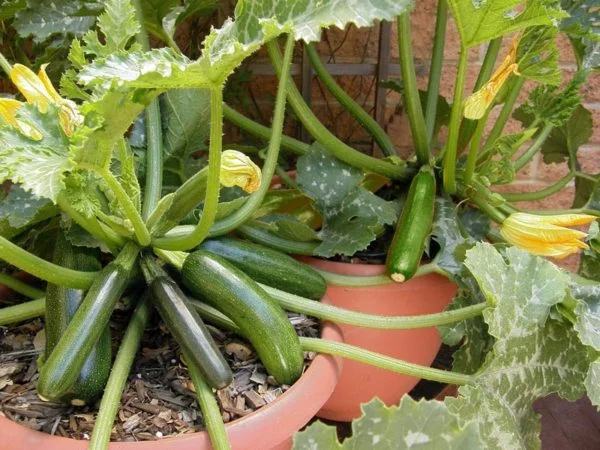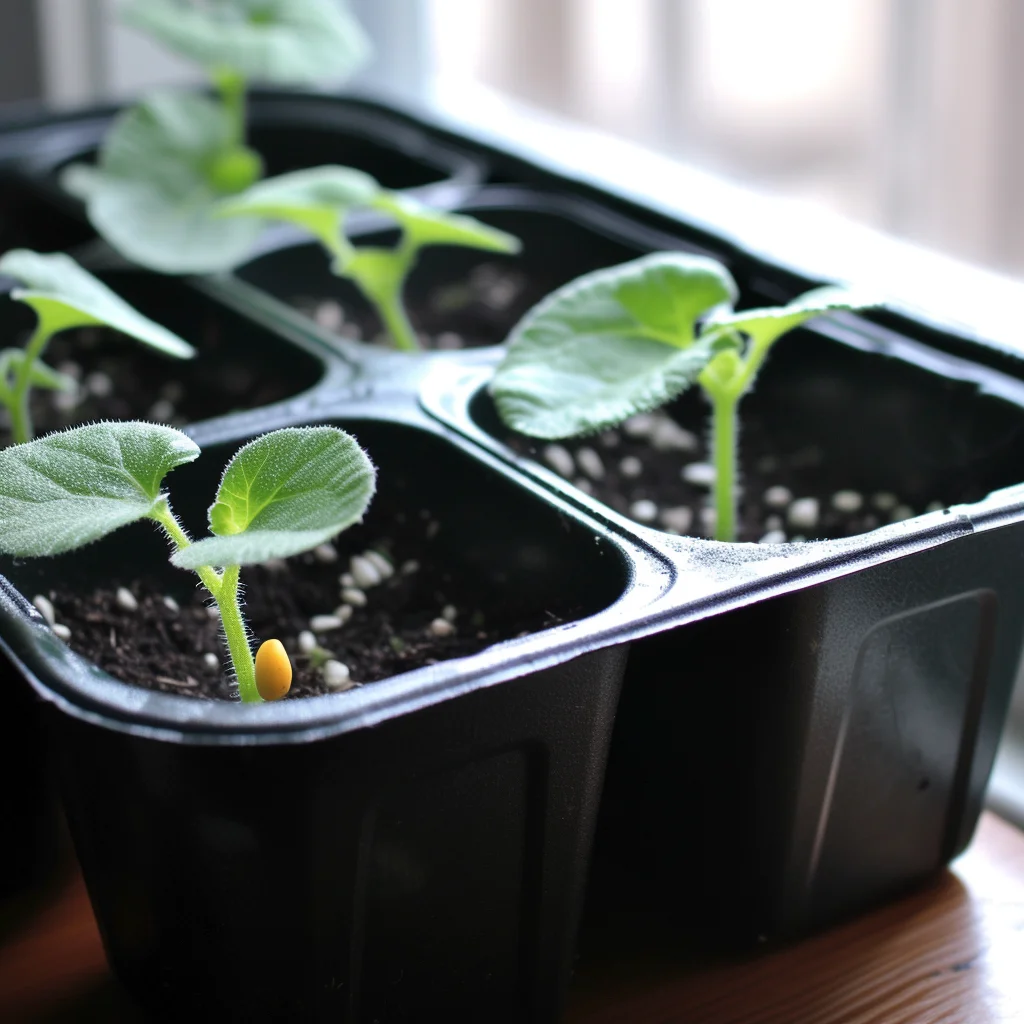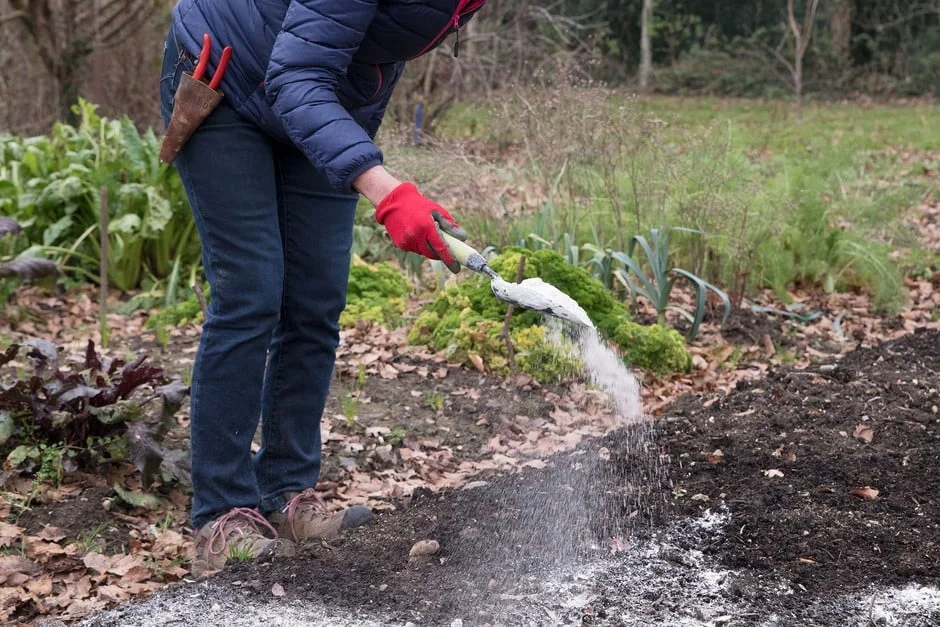In the quest for a fruitful garden, choosing the right companions for your zucchini plants becomes imperative. Known for their prolific nature and overabundance of fruits, zucchinis can greatly benefit from strategic partnerships with certain companion plants. This article aims to explore the various companion plants that thrive alongside zucchinis, enhancing their growth, repelling pests, and maximizing the overall health of your garden. So, delve into the world of companion planting and discover the perfect allies for your zucchini crop.
Companion Plants for Zucchini
Zucchini, a summer squash known for its bountiful production and vibrant green color, can greatly benefit from companion planting. By strategically selecting plants that enhance growth and deter pests, you can create a harmonious garden ecosystem that promotes the health and productivity of your zucchini plants. In this article, we will explore a variety of companion plants that can thrive alongside zucchini, as well as the techniques of crop rotation, intercropping, and succession planting that can optimize your garden’s potential.
| Companion Plant | Benefits for Zucchini | Pests Deterred |
|---|---|---|
| Basil | Enhances flavor, repels pests | Aphids, mosquitoes |
| Dill | Attracts beneficial insects | Aphids, caterpillars |
| Marigold | Pest repellent | Nematodes, beetles |
| Nasturtium | Pest repellent, aesthetic appeal | Aphids, squash bugs, whiteflies |
| Oregano | Fights fungal diseases, improves flavor | Various fungi |
| Thyme | Attracts pollinators, pest deterrent | Cabbage white butterflies, cabbage moths |
| Beans | Improves soil fertility | – |
| Cabbage | Pest deterrent | Cucumber beetles, squash bugs |
| Corn | Confuses/deters pests | Various |
| Lettuce | Provides ground cover, conserves soil moisture | – |
| Onions | Deters pests, fights diseases | Aphids, squash bugs |
| Peas | Enriches soil | – |
| Radishes | Pest repellent | Cucumber beetles, squash bugs |
| Spinach | Provides shade, attracts beneficial insects | – |
| Tomatoes | Repels pests, provides shade | Aphids, various fungi |
| Strawberries | Ground cover, conserves moisture | – |
Benefits of Companion Planting
Companion planting is a centuries-old practice that capitalizes on the mutual benefits of certain plant combinations. When specific plants are grown together, they can enhance each other’s growth by providing shade, attracting beneficial insects, improving soil quality, and suppressing weeds. In the case of zucchini, companion planting can play a vital role in improving the overall health and productivity of the plant.
By carefully selecting companion plants, you can increase the pollination rate of zucchini flowers, which is crucial for fruit development. Furthermore, companion plants can contribute to natural pest control by attracting predatory insects that prey on common zucchini pests. Some plants also possess natural repellent properties that can deter pests and protect zucchini from potential damage.
Companion Plants to Enhance Growth
To promote the optimal growth of zucchini, consider planting it alongside herbs and flowers that have beneficial properties.
- Basil: With its aromatic leaves and attractive flowers, basil not only enhances the flavor of zucchini in culinary dishes but also repels pests such as aphids and mosquitoes.
- Dill: An herb renowned for its feathery foliage, dill attracts beneficial insects such as wasps and ladybugs, which prey on pests like aphids and caterpillars.
- Marigold: A vibrant flower known for its pest-repellent qualities, marigold can help protect zucchini from nematodes and beetles.
- Nasturtium: Another colorful flower, nasturtium not only adds aesthetic appeal to the garden but also acts as a natural pest repellent, particularly against aphids, squash bugs, and whiteflies.
- Oregano: A fragrant herb with strong antimicrobial properties, oregano can help protect zucchini from fungal diseases and is also believed to improve its flavor.
- Thyme: A versatile herb with aromatic leaves, thyme can enhance the growth of zucchini by attracting pollinators and warding off pests such as cabbage white butterflies and cabbage moths.
By incorporating these herbs and flowers into your zucchini garden, you can create a thriving environment that boosts the growth and overall health of your plants.
Companion Plants to Deter Pests
In addition to enhancing growth, companion plants can play a crucial role in deterring pests that commonly afflict zucchini plants. By strategically planting certain vegetables alongside zucchini, you can create a natural defense system that helps protect your plants from pests and reduce the need for chemical interventions.
- Beans: Beans, for instance, can serve as excellent companions to zucchini. The nitrogen-fixing bacteria in legumes like beans can improve soil fertility, benefiting not only zucchini but also other nearby plants.
- Cabbage: Cabbage, a member of the brassica family, can repel some pests that target zucchini, such as cucumber beetles and squash bugs.
- Corn: Similarly, planting corn alongside zucchini can confuse and deter pests, making it harder for them to locate and infest the zucchini plants.
- Lettuce: Lettuce, with its shallow root system, can provide beneficial ground cover for zucchini, preventing weed growth and conserving soil moisture.
- Onions: Onions, known for their pungent aroma and natural fungicidal properties, can deter pests like aphids and squash bugs while also deterring fungal diseases.
- Peas: Peas, with their nitrogen-fixing ability, can enrich the soil and benefit neighboring zucchini plants.
- Radishes: Radishes, which repel certain pests such as cucumber beetles and squash bugs, are also excellent companions for zucchini.
- Spinach: Spinach, with its nutrient-rich leaves, can provide shade and moisture retention for zucchini, while also attracting beneficial insects.
- Tomatoes: Lastly, tomatoes can act as companions for zucchini by repelling pests like aphids and deterring fungal diseases. The vertical growth of tomato plants can also provide shade for zucchini, preventing excessive sunlight exposure and reducing the risk of sunburned fruits.
By strategically incorporating these companion plants into your zucchini garden, you can create a more resilient and pest-resistant environment for your zucchini while fostering a healthier overall garden ecosystem.
Fruits
While zucchini tends to be paired more commonly with herbs, flowers, and vegetables, certain fruits can also complement its growth. Strawberries, for example, can be a great companion for zucchini. The low-growing habit of strawberries provides excellent ground cover that can suppress weed growth and conserve soil moisture. Additionally, the dense foliage of strawberries can provide shade for zucchini plants during the hot summer months.
Companion Planting Techniques
Now that we have explored various companion plants for zucchini, it is important to understand the techniques of crop rotation, intercropping, and succession planting that can further optimize the benefits of companion planting.
Crop rotation involves changing the position of crops within your garden each year to avoid the buildup of pests and diseases. By rotating the location of your zucchini plants and their companion plants, you can disrupt the life cycles of pests and reduce their impact on your garden.
Intercropping, on the other hand, involves planting different crops in close proximity to capitalize on their mutual benefits. By intercropping zucchini with companion plants, you can create a diverse and balanced garden ecosystem that attracts beneficial insects, improves soil health, and provides natural pest control.
Succession planting is an effective technique that involves planting new crops as soon as the previous ones are harvested. By doing so, you can maximize the use of space and ensure a continuous supply of fresh produce throughout the growing season. Succession planting can be particularly useful when implementing companion planting, as it allows you to maintain a consistent presence of companion plants alongside zucchini, ensuring that their benefits are always available.
In conclusion, companion planting offers numerous benefits for zucchini, enhancing growth and deterring pests. By incorporating herbs, flowers, vegetables, and even fruits into your garden, you can create a thriving ecosystem that promotes the overall health and productivity of your zucchini plants. By implementing crop rotation, intercropping, and succession planting techniques, you can further optimize the benefits of companion planting and cultivate a harmonious garden environment that will delight both you and your zucchini plants.



